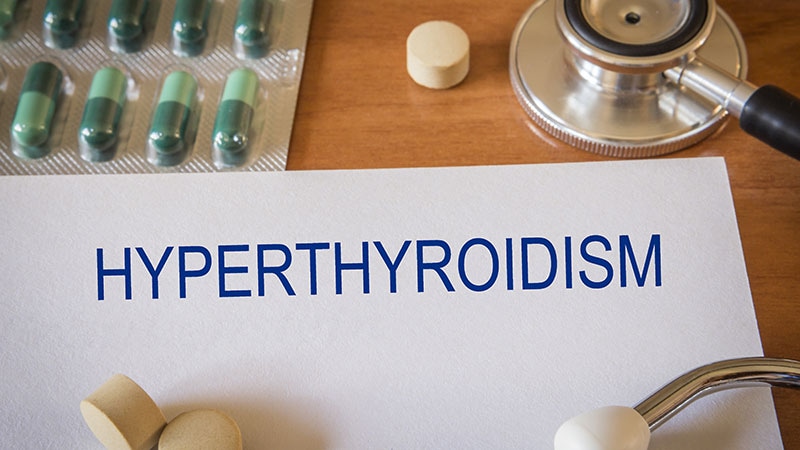Takeaway
- Significant risk for cerebrovascular events was observed within 30 days of cancer diagnosis; risk was independent of vascular risk factors.
- Strongest associations were observed in metastatic disease and cancers, considered high risk for venous thromboembolism.
Why this matters
- Optimal stroke prevention strategies should be adopted in these high-risk patients.
Study design
- 6602 participants aged ≥45 years from the Reasons for Geographic and Racial Differences in Stroke (REGARDS) study were evaluated from baseline study visit (2003-2007) through 2014.
- Funding: National Institutes of Health and the Florence Gould Endowment for Discovery in Stroke.
Key results
- 1149 participants with mean age 75.5 years were diagnosed with cancer.
- Patients with cancer showed significantly greater risk for subsequent cerebrovascular events in the first 30 days after cancer diagnosis (HR, 6.1; 95% CI, 2.7-13.7) vs those without cancer.
- The association remained significant after adjustment for demographics, region of residence and vascular risk factors (aHR, 6.6; 95% CI, 2.7-16.0).
- No association was observed beyond 30 days.
- Cancer diagnosis showed significant association with risk for subsequent stroke (aHR, 4.7; 95% CI, 1.5-14.6).
- Strongest associations were observed in patients with:
- cancers considered high risk for venous thromboembolism (n=314; aHR, 15.1; 95% CI, 4.8-47.4),
- metastatic disease (n=322; aHR, 20.8; 95% CI, 7.7-96.5).
Limitations
- No data on exact cancer stage, histopathology, and treatments.
References
References


